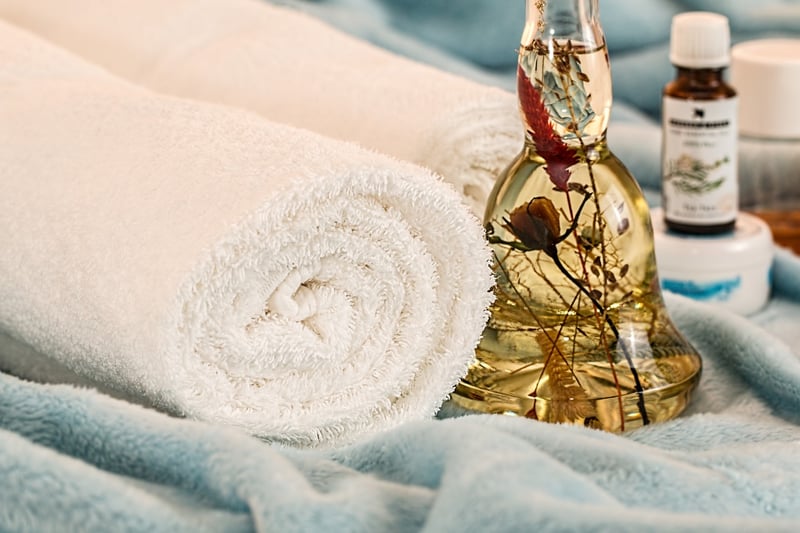Aromatherapy Oils
The Healing Power of Plants: Exploring Aromatherapy Oils

Introduction to Aromatherapy
Aromatherapy, the practice of using natural oils extracted from flowers, bark, stems, leaves, roots, or other parts of a plant to enhance psychological and physical well-being, has been used for centuries in various cultures. These essential oils are often inhaled or applied to the skin, providing a range of therapeutic benefits.
Benefits of Aromatherapy Oils
- Relaxation and stress relief
- Improved sleep quality
- Mood enhancement
- Boosted immunity
- Pain relief
Popular Aromatherapy Oils
There are numerous essential oils used in aromatherapy, each offering unique properties and benefits. Some popular options include:
- Lavender: Known for its calming and relaxing effects.
- Peppermint: Used to boost energy and aid digestion.
- Tea Tree: Valued for its antibacterial and antifungal properties.
- Lemon: Often used to uplift mood and purify the air.
How to Use Aromatherapy Oils
Aromatherapy oils can be used in various ways, including:
- Diffusion: Adding a few drops to a diffuser to fill the room with a pleasant aroma.
- Massage: Diluting with a carrier oil and applying to the skin for a soothing massage.
- Bath: Mixing a few drops with Epsom salts for a relaxing bath experience.
- Inhalation: Adding to hot water or a bowl of steaming water for inhalation.
Cautionary Notes
While aromatherapy oils offer numerous benefits, it's essential to use them with care. Some oils can cause skin irritation or allergic reactions, and certain oils should be avoided during pregnancy or by individuals with specific health conditions. Always consult a healthcare professional before using essential oils, especially if you have any concerns or medical conditions.
Experience the natural healing power of plants with aromatherapy oils and discover a holistic approach to wellness.
Image Source: Pixabay
